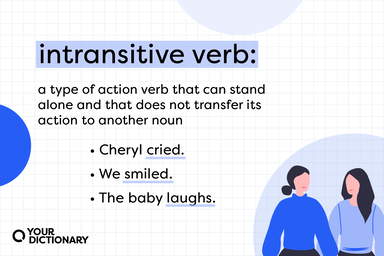One of these is micro-lending, which directly connects the lender with the borrower and which the Internet has made appealingly easy and personal.
Understanding your rights as a borrower.
In what are commonly called loans of money, it is not really the money, but the money's worth, that the borrower wants; and the lender really assigns to him the right to a certain portion of the annual produce of the land and labour of the country, As the general capital of a country increases, so also does the particular portion of it from which the possessors wish to derive a revenue without being at the trouble of employing it themselves, and, as the quantity of stock thus available for loans is augmented, the interest diminishes, not merely "from the general causes which make the market price of things commonly diminish as their quantity increases," but because, with the increase of capital, "it becomes gradually more and more difficult to find within the country a profitable method of employing any new capital" - whence arises a competition between different capitals, and a lowering of profits, which must diminish the price which can be paid for the use of capital, or in other words the rate of interest.
All the states have what is called a "legal rate" of interest; and when no rate of interest is specified in the contract between the parties, there is a presumption that the borrower has agreed to pay the legal rate.
In taking usury also, both the borrower and the lender would share that sin.





